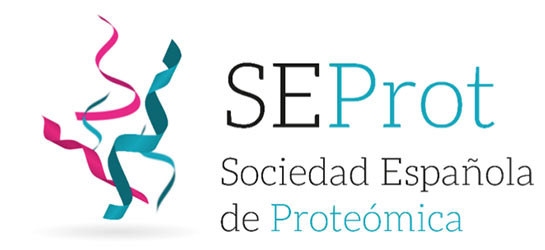Postdoc SUMO & Ubiquitin in the Cell Cycle
| Published | Deadline | Location |
|---|---|---|
| 30 Aug | 12 Sep | Leiden |
Would you like to be a postdoc researcher on a TOP-project to study the role of small ubiquitin-like modifier and ubiquitin in the cell cycle? Then don’t hesitate to apply!
JOB DESCRIPTION
As a member of our research group you will investigate crosstalk mechanisms between post-translational protein modification by ubiquitin and SUMO (Small Ubiquitin-like Modifier). You will study the important roles of SUMO and ubiquitin during the cell cycle at a proteome-wide level and at the level of individual target proteins. Our group is interested in the mechanisms and functional consequences of post-translational protein modification by SUMO and ubiquitin. We integrate biochemistry, cell biology and proteomics approaches and employ state-of-the art microscopes and mass spectrometers to obtain novel insights in SUMO- and ubiquitin signal transduction. We have previously shown that SUMO-2/3 are able to form chains in a ubiquitin-like manner. These chains then cooperate with the ubiquitin-proteasome system to regulate target protein degradation. Furthermore, we have recently developed innovative methodology to study SUMOylation and crosstalk between SUMOylation and ubiquitin in a cell-wide manner. We focus on the role of these protein modifications during the cell cycle.
REQUIREMENTS
You hold a PhD degree in biomedical sciences or a similar field and have a strong background in protein biochemistry, molecular biology, cell biology. You are also an expert in cell cycle progression. Experience with ubiquitin-like proteins and proteomics will be a distinct advantage. You should be highly motivated, enthusiastic and creative as well as skilled and results-driven. Excellent written and oral communication skills are a must.
CONDITIONS OF EMPLOYMENT
Fixed-term contract: 2 years.
You will be employed on the basis of 36 hours per week. Appointment is for two years. Your salary is based on your education and experience and is a maximum of € 4,615 gross per month for a full time position (scale 10 in the Collective Labour Agreement for University Hospitals).
EMPLOYER
LUMC
At the Leiden University Medical Center, we continuously work on improving patient care. We invest in groundbreaking, international research and work with the latest equipment. Together with our team of doctors, medical specialists, teachers, academic researchers and supporting staff, we aim for the best quality in health care, education and international research. And we need you to realize our goals!
DEPARTMENT
Department of Cell and Chemical Biology
Within the Department of Cell and Chemical Biology, a team of professionals investigates functional regulation of proteins by post-translational modifications including SUMOylation, ubiquitylation and phosphorylation. This enables us to improve our knowledge about fundamental processes of life at the molecular level and to improve our knowledge about disease-linked de-regulation of these processes.
ADDITIONAL INFORMATION
Your career at the LUMC
The LUMC offers opportunities to maintain and develop your knowledge and skills. We offer internal courses and in-service training to help you with your personal development. We also offer services for mobility and career advice.
More information
For more information about our group, visit our website http://ccb.lumc.nl/about-the-vertegaal-lab-35 and https://www.academictransfer.com/en/303933/postdoc-sumo-ubiquitin-in-the-cell-cycle/
Acquisition as a result of this vacancy is not appreciated.
Contact details
prof. dr. Alfred Vertegaal, group leader, department of Cell and Chemical Biology, Telephone +31 (0)71 526 96 21, Email: vertegaal@lumc.nl

